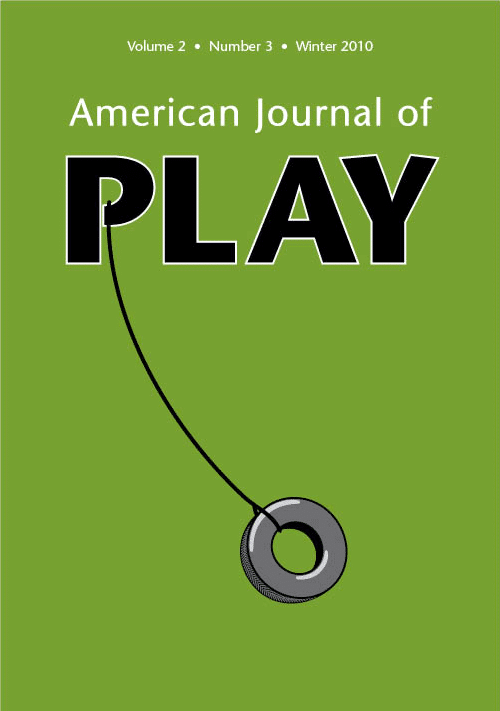Science of the Brain as a Gateway to Understanding Play: An Interview with Jaak Panksepp
Jaak Panksepp, known best for his work on animal emotions and coining the term affective neuroscience, investigates the primary processes of brain and mind that enable and drive emotion. As an undergraduate, he briefly considered a career in electrical engineering but turned instead to psychology, which led to a 1969 University of Massachusetts PhD dissertation examining how electrical stimulation of brain regions affects aggressive behavior. Since then, Panksepp has written more than three hundred articles in scientific books and journals, along with the pathbreaking 1998 study Affective Neuroscience, in which he detailed the neurology, neuroanatomy, neurochemistry, and functions of the emotional brain. For Panksepp and his students, studying play in animals opens a window into what they and other thinkers have come to call the BrainMind or MindBrain. He discovered that rats chirp (“laugh”) during their rough-and-tumble bouts and that play deprivation is a potent motivator akin to thirst or hunger. Optimal brain development depends on healthy play experiences in early life, Panksepp contends, and he observes that over the long evolutionary haul, play has promoted social bonds and nourished social learning. Currently, Panksepp is Baily Endowed Chair of Animal Well-Being Science in the College of Veterinary Medicine at Washington State University; Distinguished Research Professor Emeritus of Psychobiology, Bowling Green State University; and Head, Affective Neuroscience Research, Falk Center for Molecular Therapeutics, Northwestern University. In this wide-ranging interview, Panksepp notes how play shaped his own experience, discusses his life’s work and the context within which he conducted it, and presses for greater recognition of the value of play in psychological research.





